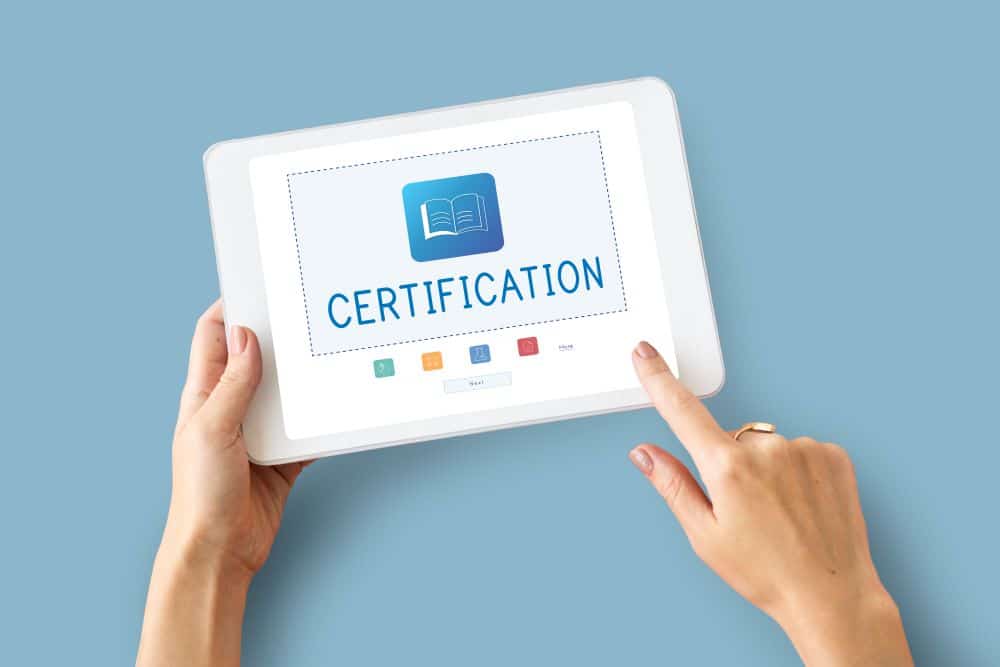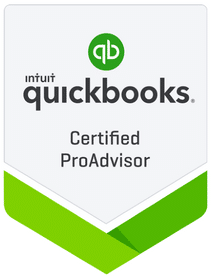- Patrick Roney
- (877) 503-8607
Follow Us :
Follow Us :
Proledge
March 11, 2011

The bookkeeping profession is as unregulated as it gets. There are no official certifications like they have for CPAs, financial planners and many other white collar service professions. It’s a good thing as I’ll explain below, but it leaves many small business owners wondering how to identify the good from the bad among bookkeepers. In this profession, education and certifications don’t mean a whole lot, but if there is a certification that carries any significant weight, it is Intuit’s QuickBooks ProAdvisor.
When a small business owner hires a bookkeeper, the primary objective is to find someone to manage the books without having to pay for the high rates that CPAs charge. There are very few professions that are as clearly defined by how much they cost as the bookkeeping profession. The objective in the life of a bookkeeper is to be more cost effective than a CPA for day-to-day functions and let the CPA deal with the issues that only CPAs are allowed to deal with: advisory services, taxes, audits, financial reporting, etc…
There is a very direct correlation between education and price and that’s why it is so essential to keep the bookkeeping profession unregulated. The more certification and education you expect from your bookkeeper, the greater the price you need to be prepared to pay for. Does it mean that your bookkeeper needs to be a high school drop-out? Not at all! Like in any profession, there are bad professionals and excellent ones. There is a clear hierarchy of competency within the bookkeeping profession itself. Because it is so unregulated, the difference between a bad bookkeeper and a good one is staggering, so the challenge is to figure out how to calibrate the competency of a bookkeeper. How can you tell?
Certification is part of the answer, but not all of it. Some of the very best bookkeepers out there don’t have a single certification. Like with so many other professions, recruiting a bookkeeper is an art that requires you to weigh many factors. Certification is only one of many factors to take into consideration. However, if you have to take certifications into consideration, which one should you look at? Intuit’s Certified QuickBooks ProAdvisor. No question. There are a few bookkeeping associations in the US that carry their own certification, but Intuit is the undisputed leader in the certification space. They are of course a for-profit company and their certification is extremely self-serving: it’s a way to further promote QuickBooks. However, Intuit and QuickBooks have become so dominant in the small business bookkeeping space, that they are now the de facto standard.
Intuit’s QuickBooks ProAdvisor program is very well done. It is membership based and costs about $400 per year. As a ProAdvisor member, you get access to free software, a special hotline for technical support and certification programs. Their basic certification requires you to pass an online test that focuses on your understanding of how to best leverage QuickBooks. The certification is specific to the year of the product’s release. You can be ProAdvisor Certified for QuickBooks 2010, 2011, etc… Once you have been certified for 3 years in a row, you become eligible to pass the Advanced ProAdvisor certification. You also can get certifications for specialized products such as QuickBooks Point of Sale and QuickBooks Enterprise. The more certifications you accumulate, the higher the rates you can charge. One word of caution: if you see people claiming to be a QuickBooks ProAdvisor, it just means that they paid the $400 fee for the year. It doesn’t mean that they are certified. Look for the word “Certified” in “Certified QuickBooks ProAdvisor”.
Are these certifications worth anything? The basic certification exam is not very difficult to pass, but the fact that a bookkeeper is Certified QuickBooks ProAdvisor shows you that this bookkeeper invested money and time to get it. This in itself is very telling. It demonstrates that this bookkeeper is ambitious and committed to the job. So many bookkeepers out there are doing bookkeeping just as a filler while they looking for a better job, that knowing that your bookkeeper is dedicated enough to get certified is very important.
Getting Advanced Certified ProAdvisor is a lot harder than the regular certification, and you should expect to pay a hefty premium for an Advanced Certified ProAdvisor bookkeeper. In most cases, Advanced Certified ProAdvisors stop offering day-to-day bookkeeping services and focus on “QuickBooks Consulting” which is essentially the art of special projects, such as complex configurations, setups and cleanups. Advanced ProAdvisors can easily charge as much as CPAs, because CPAs are typically not QuickBooks experts. CPAs can typically make their way around QuickBooks and fix common issues because of their deep accounting background, but Advanced ProAdvisors can do things with QuickBooks that almost no CPAs can.
However, for most small businesses who need on-going bookkeeping support (daily, weekly, monthly), Advanced Certified ProAdvisors are overkill and too pricey. The best way to select your bookkeeper is by looking at their experience, checking references and performing criminal background checks. If they are Certified QuickBooks ProAdvisor, consider it a big plus, but not a requirement.


Fill out the form below to sign up to our Blog Newsletter and we’ll drop you a line when new articles come up.
Bookkeepers.
Professional. Affordable.
ProLedge is a bookkeeping services firm.
Copyright © 2024 All rights reserved.